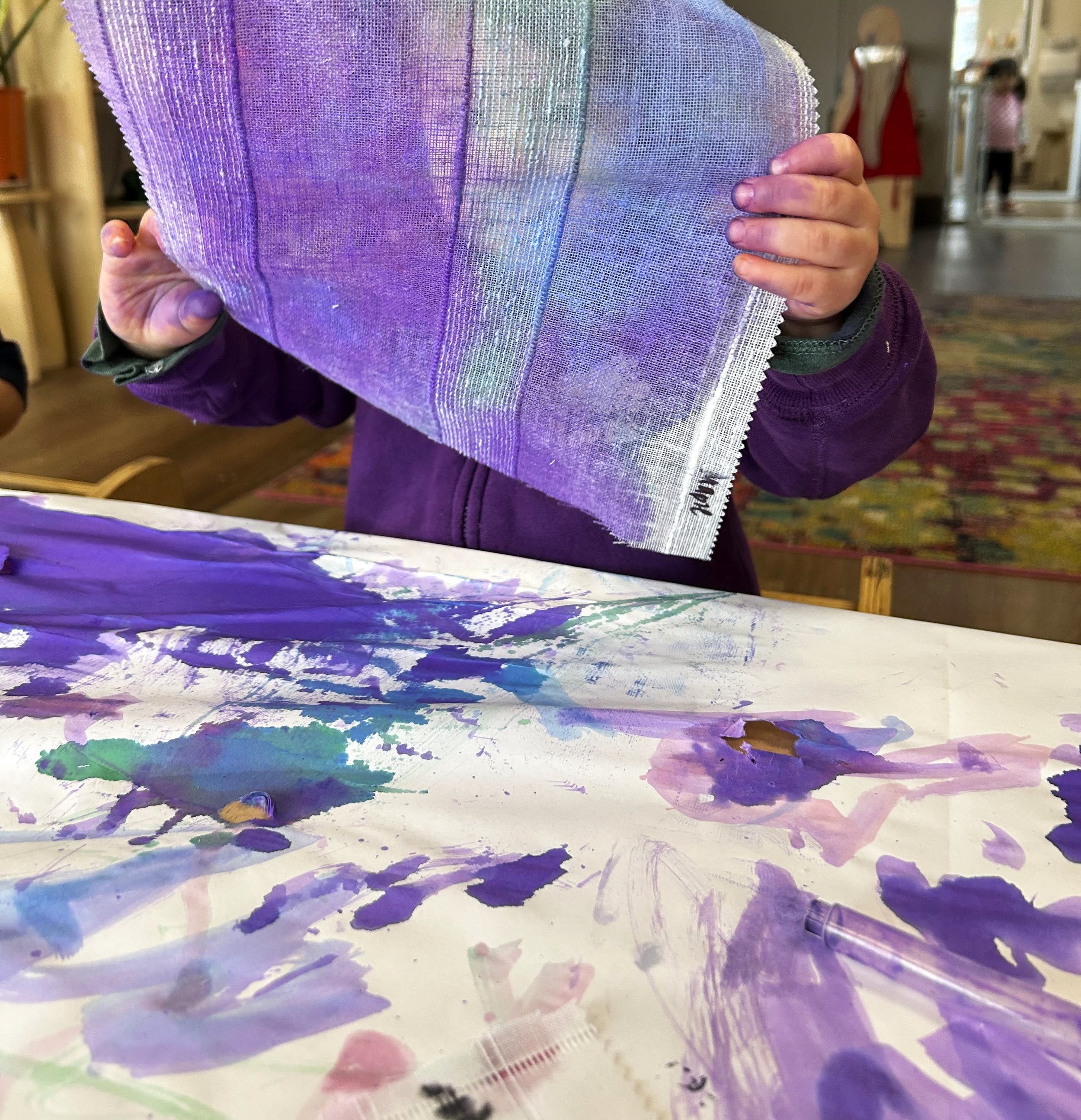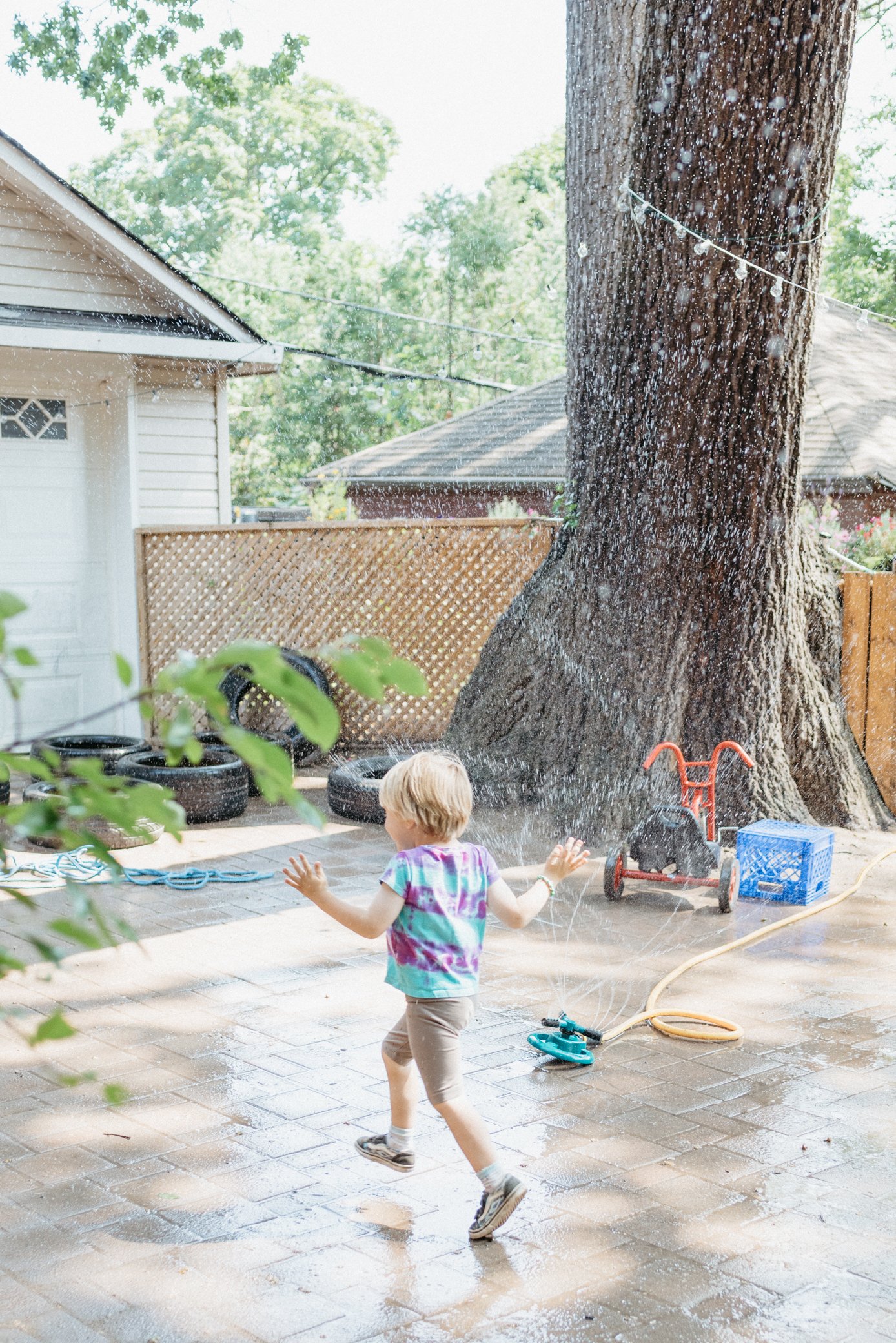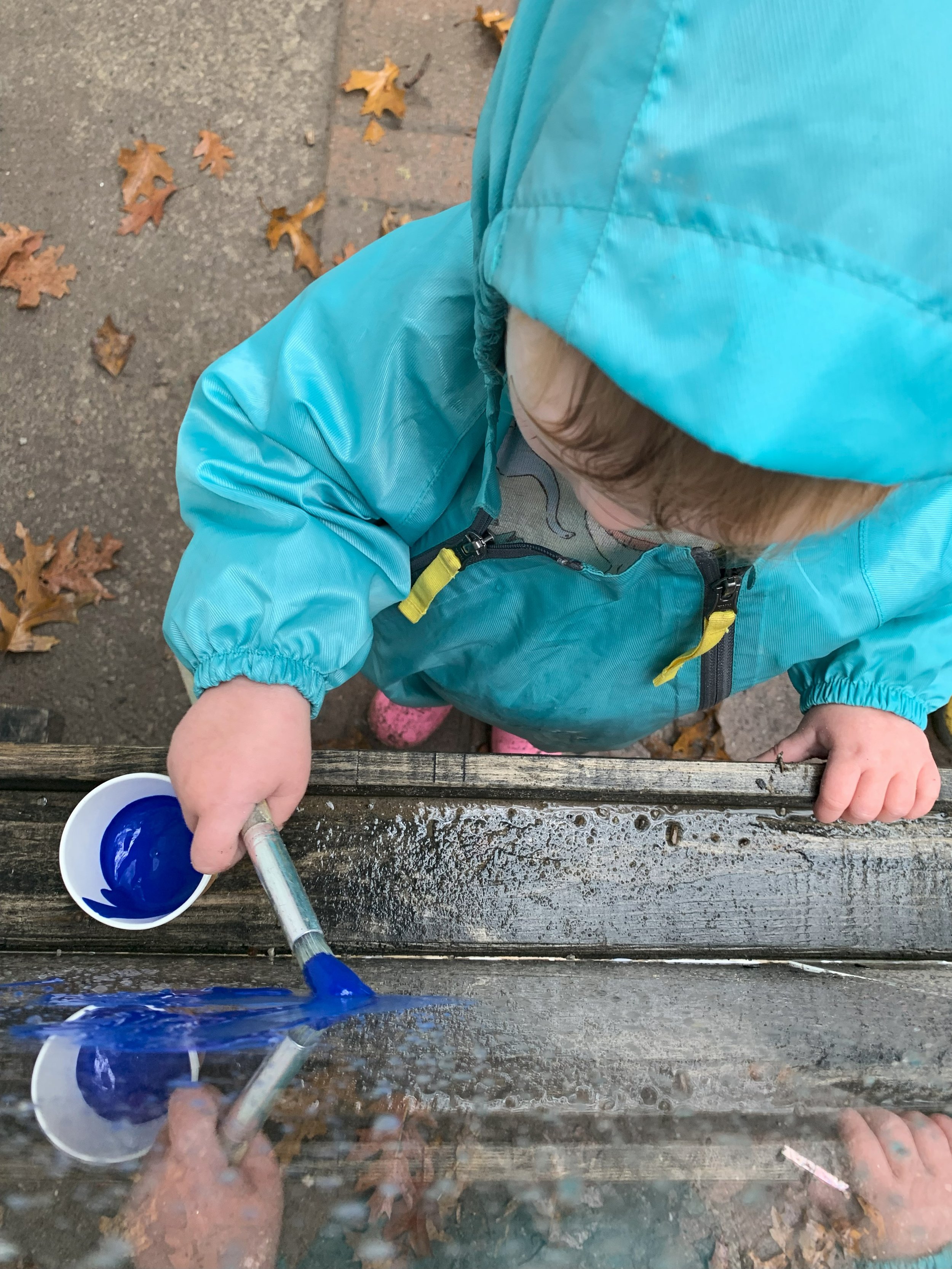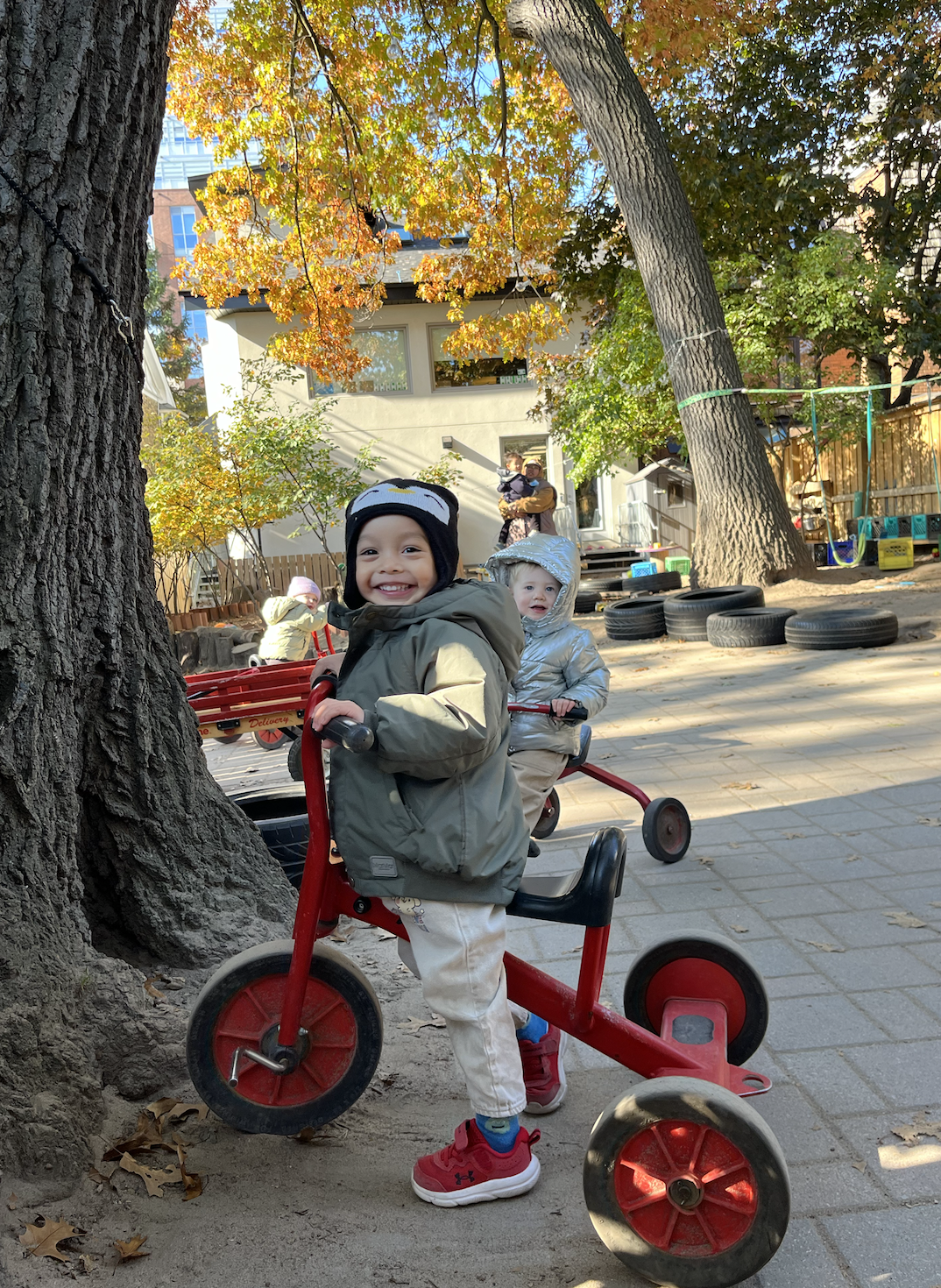The Reggio Emilia approach
to Early Learning
The Reggio Emilia approach is an innovative, child-centered philosophy grounded in the belief that children are naturally driven to explore and understand the world around them. It transforms children into active participants in their own learning through an inquiry-centered, play-based environment.
This Reggio-inspired early learning philosophy places great value on uninterrupted play, especially outdoors and through the creative arts. Through artistic expression and organic outdoor play, children discover their interests and reveal the ideas they are exploring, offering valuable insight into their developing understanding of the world.












Reggio Emilia Principles
-

A Foundation in Relationships
The Reggio Emilia approach fosters meaningful learning through strong, trusting relationships. It values collaboration among educators, children, families, and the community, recognizing these connections as essential to a rich, supportive learning environment
-

Thoughtfully Curated Spaces
A Reggio-inspired classroom meets each child at their developmental stage while fostering growth. Thoughtfully chosen materials spark engagement, allowing children the time and space to experiment, create, innovate, and problem-solve.
-

Fostering a Love for Learning
Reggio educators are lifelong learners, inspiring a love for learning by exploring alongside children. As educator-researchers, they document children's interests to shape engaging classrooms and activities, instilling confidence and valuing each child's ideas and abilities.
The Story Behind Reggio Emilia
The Reggio Emilia approach originated in the northern Italian region of Reggio Emilia after World War II. Led by educator Loris Malaguzzi and a group of parents, they sought to create an educational model that respects children as valuable members of society with limitless potential.
Over time, it has gained global recognition, with research indicating that children in Reggio Emilia-inspired programs consistently demonstrate higher levels of creativity, problem-solving skills, and social collaboration compared to traditional educational approaches.




